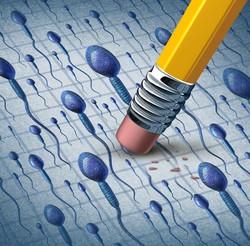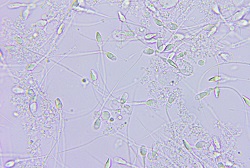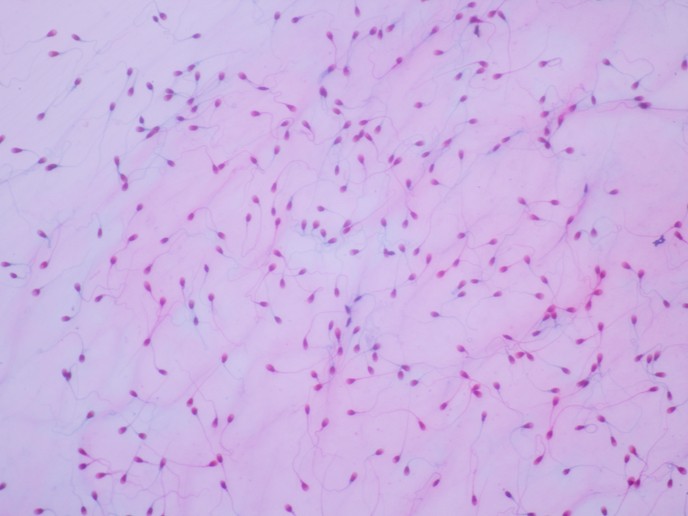Male reproductive biology at the molecular level
Accumulating evidence demonstrates a considerable decline in sperm counts and a concomitant increase in testicular cancer. Since our understanding of the genetic, epigenetic and molecular determinants of male sperm cell biology is limited, there's been a growing interest in male reproductive biology. The EU-funded REPRO-TRAIN(opens in new window) (Reproductive biology early research training) network supported these efforts by bringing together strong academic research groups and pharmaceutical companies from six different European countries. The consortium provided a comprehensive interdisciplinary training programme for early stage researchers. A first, project researchers employed systems biology-based omics technologies to identify novel human fertility genes and elucidate the gene networks deregulated in infertility. Patients with fertility issues presented with X chromosome-linked copy number variations and genomic instability, which was associated with increased morbidity. In addition, familial cases of infertility presented with various X-linked and autosomal gene mutations. From a proteomics perspective, scientists detected human sperm with motility alterations or reduced capacitation. Furthermore, they generated important knowledge on the epigenetic drivers of male germ cell stage-specific gene expression programmes. Inhibitors of epigenetic targets in spermatogenesis and male reproductive cancers as well as candidate biomarkers for prostate cancer were discovered. Collectively, the REPRO-TRAIN findings provide fundamental knowledge into the physiological process of spermatogenesis and the male reproductive system in general. Importantly, they have immediate translational applications and could be implemented towards the prognosis of male reproductive cancers.






